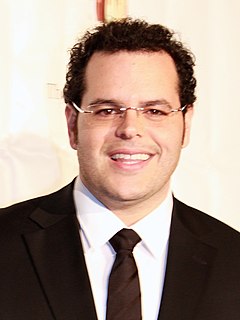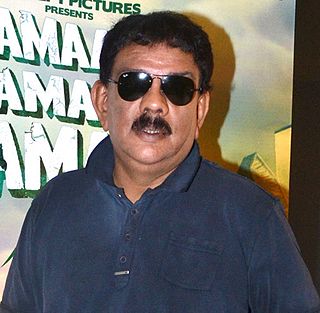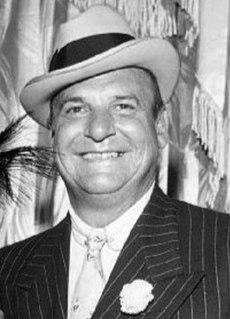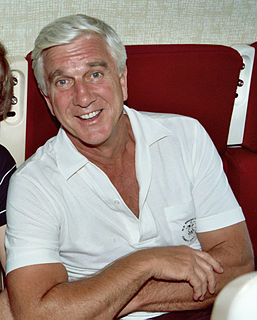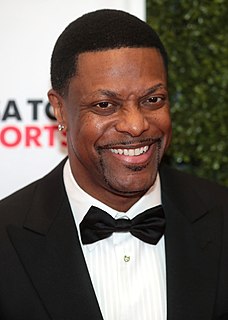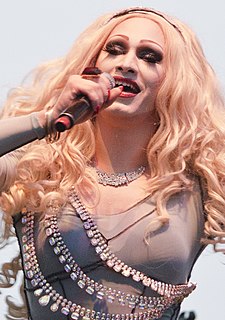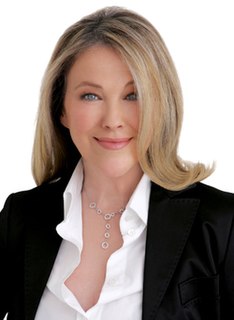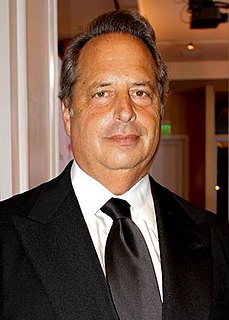A Quote by Lita Grey
Charlie Chaplin's genius was in comedy. He has no sense of humor, particularly about himself.
Related Quotes
. . .a sense of humor can be a great help-particularly a sense of humor about (oneself). William Howard Taft joked about his own corpulence and people loved it; took nothing from his inherent dignity. Lincoln eased tense moments with bawdy stories, and often poked fun at himself-and history honors him for this human quality. A sense of humor is part of the art of leadership, of getting along with people, of getting things done.
I remember reading in a comedy book very long ago when I first started, a person said there's a difference between a sense of humor and a sense of funny. A sense of humor is knowing what makes you laugh and a sense of funny is knowing what makes other people laugh. The journey of comedy, in a sense, is negotiating those two worlds.
I can't speak for the Jewish population, but I attribute my sense of humor to the tragic moments of my life. The best way to overcome certain tragedies is to develop a thick skin and sense of humor about things. Of course, I am very politically conscious and careful about my comedy. But when I do push an envelope, it's with a purpose.

